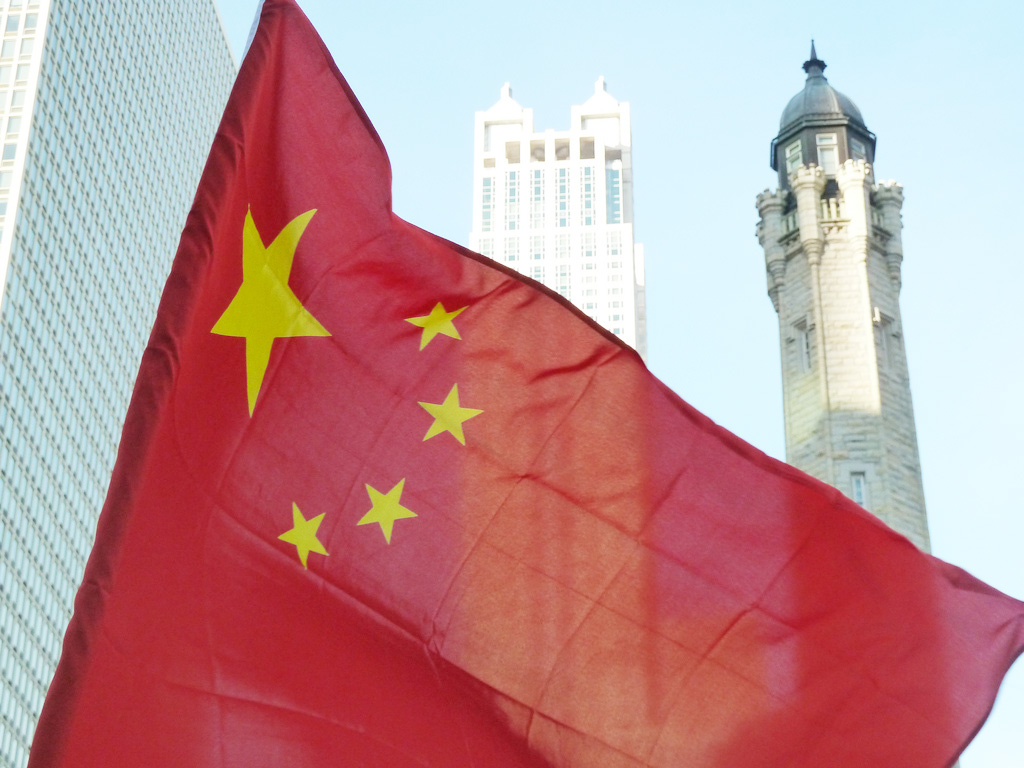The United Nations Industrial Development Organization (UNIDO) is the specialized agency of the United Nations that promotes industrial development for poverty reduction, inclusive globalization and environmental sustainability. The mission of UNIDO is to promote Inclusive and Sustainable Industrial Development in Member States. The Organization’s programmatic focus is structured in four strategic priorities which are creating shared prosperity, advancing economic competitiveness, safeguarding the environment, and strengthening knowledge and institutions. In this article, I will talk about UNIDO Egypt role in promoting ISID in the region; the Programme for Country Partnership (PCP) which is UNIDO’s new innovative model in accelerating ISID; and UNIDO flexibility in responding to the new emerging priorities such as COVID-19 and Decent Life Initiative.
The UNIDO Regional Hub in Egypt was established in 1999 covering eight countries: Egypt, Algeria, Djibouti, Libya, Morocco, Sudan, Tunisia and Yemen. UNIDO activities in the region address several aspects of ISID aiming at simultaneously promoting economic growth, social inclusion and environmental sustainability. Based on a strong partnership with the government and the private sector, the UNIDO technical cooperation portfolio includes 64 projects in the region with a total budget of $138m. These projects focus on job creation and local economic development; promotion of the agro-industry sector and upgrading of its value chains; creation of SME clusters and industrial parks; promotion of resource and energy efficiency and green jobs; in addition to projects supporting countries to fulfil their obligations under multilateral environmental agreements (the Montreal Protocol, the Stockholm Convention, and the Minamata Convention).
Following the 15th General Conference, in line with the new mandate, and to accelerate the ISID, UNIDO has developed an approach for the PCP, which aims to offer sustainable solutions for long-term industrial development by leveraging resources through more effective and high-level national partnerships and international commitment. The PCP model has five main features: government ownership at the highest political level; clear consideration of the objectives of UNIDO ISID; alignment with national industrialization priorities and national development plans; focus on industrial sectors and priority intervention areas; and multi-stakeholder partnership and joint resource mobilization.
Now, we are implementing the PCP model in 11 countries. Egypt is the second Arab country to benefit from this large-scale UNIDO programme. In April 2021, Mostafa Madbouly, the Prime Minister of Egypt and Li Yong, Director General of UNIDO, signed a five-year PCP with a total budget of €172m. The PCP is fully owned by the Government of Egypt and is adopted after the strategic direction of President Abdel Fattah Al-Sisi. The PCP Egypt technical cooperation framework resulted in the formulation of six components, namely: Industrial Policy and Governance; Investment Promotion; Green Industry; Smart Cities and Sustainable Industrial Parks; Value Chains; and Mainstreaming Industry 4.0.
As part of the PCP Egypt, currently, we are executing 15 projects with a total budget of $36m. A few key projects to mention: Tomato Value Chain; Industrial Motors Efficiency; Solar Heating for Industrial Process (SHIP); Global Eco-Industrial Parks; Greening Hurghada; and Circular Economy of Single-use Plastic Value Chain.
In Egypt, “Decent Life Initiative” has been developed to specifically address poverty related issues and has had a great impact over the last years. This initiative will improve the quality of life in the poorest rural communities within the framework of the Sustainable Development Strategy: Egypt’s Vision 2030, through decreasing multidimensional poverty and unemployment rates. UNIDO’s technical cooperation is contributing to this important initiative, through mainly five projects: (1) Inclusive Green Growth Project which is implemented in Qina and Luxor; (2) The Egyptian Cotton Project which is implemented in Kafr El-Sheikh and Damietta; (3) The Employment for youth in Egypt (EYE) in Menofeya and Qalioubeya; (4) Women Economic Empowerment Project in Beni Suef, Minya, Fayoum, and Behira; and (5) Egypt Local Food Contest which covers small food producers all over Egypt.
Egypt is one of the countries that dealt with the crisis in a proactive and effective manner. It took many measures that contributed to limiting the impact of the crisis on the industrial sector. In cooperation with the Ministry of Trade and Industry and many national partners, UNIDO has implemented various initiatives to reduce the negative impact of the pandemic. UNIDO provided a trusted blueprint for policy recommendations to facilitate a recovery that is inclusive, sustainable and resilient. This included the following policy support activities: a roadmap on inclusive and sustainable industrial development in Egypt; Egypt’s participation in global and regional value chains and post COVID-19 industrial recovery; enhancing the readiness for the adoption of industry 4.0; the strategic foresight exercise on the manufacturing sector in the times of COVID-19; disruptions to global value chains and industrial policy; roadmap for developing the PPE sector in Egypt; and the guidance on COVID-19 for the manufacturing sector.
UNIDO interventions in Egypt over the last years have resulted in 20,000 farmers improved produce quality, food safety practices and added value to crops; 3,500 youth with skills for decent jobs and entrepreneurship; €28m increase in exports of agro produce to European markets; EGP 67m mobilized for an industrial zone in Luxor; 500 MSMEs integrated into value chains and markets; 1560 ODP tonnes reduced since 1993; increased productivity for 6,375 products through resource efficiency; 3.58 MtCo eq less carbon emissions emitted by industry; saved 913,000 cubic metres of water used in the industrial sector; and saved 1247 GWh of energy at industrial firms.
UNIDO, through its wide initiatives and programmes, is committed to improving the economic, social and environmental performance of the Egyptian manufacturing sector. Also, emphasizing the readiness of the organization to provide a support framework of technical assistance which will contribute to achieving the industrialization objectives of the Government set through Egypt’s Vision 2030, the National Structural Reform Programme 2021-2024, as well as the Sustainable Development Goals (SDGs) of the 2030 Agenda of the United Nations.
Dr. Bassel El-Khatib, Regional Director and UNIDO Representative


